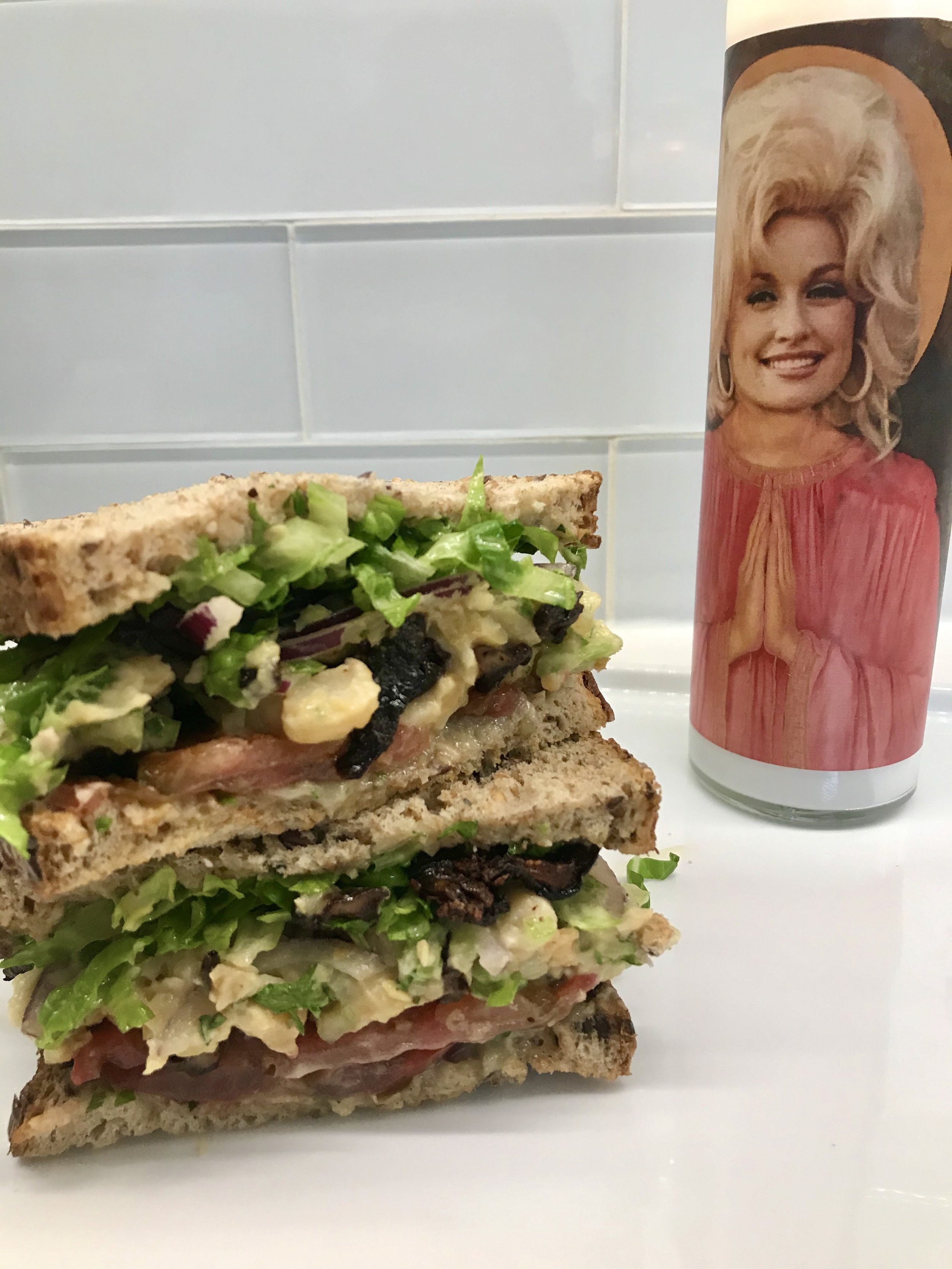
Eat Plants.
What is plant-based eating?
I promote a whole foods plant-based diet. The meaning I attribute to “plant-based” is the majority of foods ingested are fresh, whole plant-foods, with no—or very minimal—animal products (i.e., meat, dairy, eggs, honey), oil, or processed sugar. This is not just a vegetarian or vegan diet, which could include all kinds of junk food, sugar, fat, and oil. A whole foods plant-based diet is one rich with variety of: fresh vegetables, fruits, nuts, seeds, whole grains, lentils, beans, and spices. It is naturally low-fat and packs a lot of fiber, vitamins, and minerals.
Research has consistently shown that a diet high in vitamin-rich plant foods and low in animal products is one of the best preventative measures one can take to ward off cardiovascular disease, obesity, diabetes, high cholesterol, and high blood pressure.
What about protein?
In the past 24 years of my meat-free life, I have come across more people than I can count—doctors included—who were terribly worried about protein deficiency. Not one of these people—again, doctors included—could tell me exactly how much protein one needs to be healthy! In fact, so many can’t even answer the simple question, “What is protein? What does it do?” I believe this to be a result of marketing—not of actual education.
As a plant-based athlete, advocate, and educator, I have done the research and subjected myself to numerous blood tests over the course of my competitive career—not once have I dipped out of the “optimal” protein range. I can tell you how much protein you need, and can promise you this: it’s likely much, much less than you think. In fact, your current diet will likely cover that range without you giving it a second glance. To date, I have yet to find even one case study of protein deficiency in the United States. The issues we should actually be concerned about: getting too much protein, saturated fat, hormones and antibiotics in animal foods and getting too little fiber and vitamins. Especially that fiber part.
Are there concerns?
The only concerns for eating plant-based that may take a little extra effort at the start of your journey: eating enough, learning how to choose and prepare plant-based meals, and being sure to get enough iron, calcium, B12, and vitamin D. Please note, though, that these deficiencies also show up in diets heavy in meat and dairy—it’s not just a plant-based thing. For the most part, nutrient needs can be met by ingesting a variety of plant foods, incorporating seeds and leafy greens, getting outdoors for vitamin D production (especially important if you live in cloudier areas or further north from the equator), and taking a vitamin B supplement.
What do doctors say?
Unfortunately, doctors receive minimal education in nutrition during their medical training. Luckily, more and more research is becoming available, and more medical researchers are imploring their physician colleagues to recommend plant-based diets to all their patients as a means of preventing disease and reducing reliance on pharmaceutical medications. One such well-researched article written by a group of practicing medical professionals to provide physicians with an updated resource on nutrition states:
Research shows that plant-based diets are cost-effective, low-risk interventions that may lower body mass index, blood pressure, HbA1C [blood sugar], and cholesterol levels. They may also reduce the number of medications needed to treat chronic diseases and lower ischemic heart disease mortality rates. Physicians should consider recommending a plant-based diet to all their patients, especially those with high blood pressure, diabetes, cardiovascular disease, or obesity.*
What’s good?
Eating plant-based feels good—you’ll notice your energy levels increase, your skin clear, your body weight-cholesterol-blood pressure drop, and your elimination improve—and it’s easy once you get the hang of it. I’m here to offer support and teach you simple techniques to make this healthy way of eating a new way of life.
* Tuso, P. J., Ismail, M. H., Ha, B. P., & Bartolotto, C. (2013). Nutritional update for physicians: plant-based diets. The Permanente journal, 17(2), 61–66.